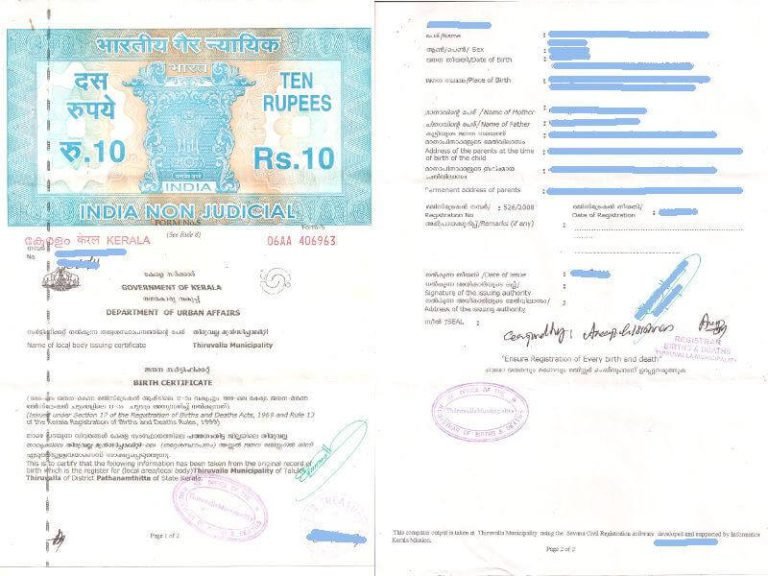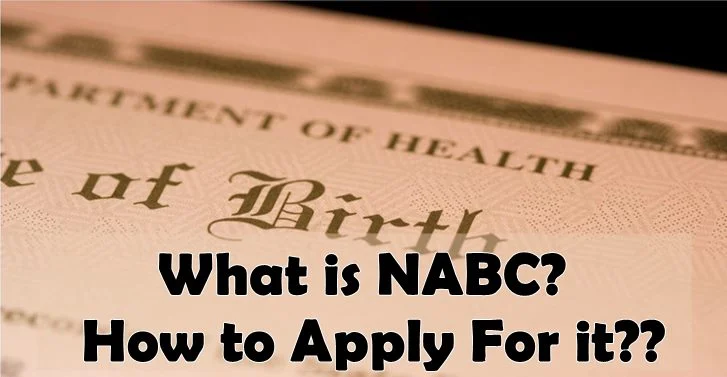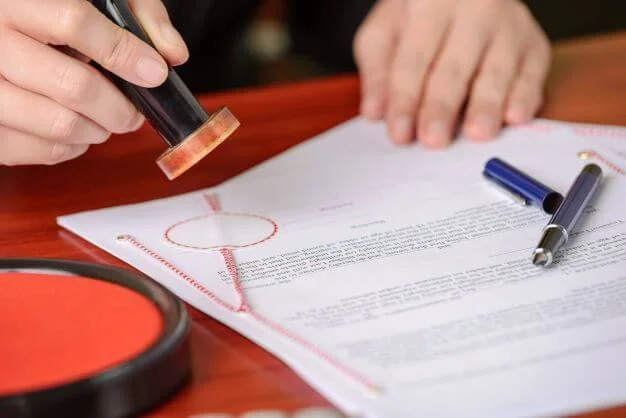DEED OF SALE
A Deed of Sale is a legal document that serves as proof of the sale of a property or asset between two parties. It contains the terms and conditions of the sale, including the purchase price, payment terms, and any other relevant details related to the transaction.
Easy Process and Documentation
Required Paperwork
- Proof of identity and address of the buyer and seller
- Title documents or ownership certificates of the property
- Sale agreement between the buyer and seller
- NOC from relevant authorities
- Property tax receipts and bills
- Encumbrance certificate stating that the property is free from any legal disputes
- Payment receipt or proof of payment of the sale consideration
- Power of attorney
Process, Service Charges, Time duration
- When you send us your paperwork, our experienced staff will review your paperwork with local government officials to determine the service’s cost, feasibility, and completion date. After a quote has been given, it remains fixed. Location affects project duration and cost. Send us your documents and specific requirements to get a price and turnaround estimate.
- On an average Procurement takes four to six weeks.
2000+ locations Served
Happy Clients 50000+
Averge Google Rating 4.9
India's Most Trusted Legal Documentation Portal
WHY CHOOSE US
- Guaranteed Lowest Price
- No Office Visit, No Hidden Costs
- Serviced 50000+ Customers
WHAT IS SALE DEED ?
A sale deed is a document that is legally binding and is used to move the right, title, and ownership of real property from one person to another in exchange for money.The Registration Act of India is in charge of the sale record. A sale deed is only legal if both the seller and the buyer sign it, and both parties have to follow the terms and conditions listed in the sale deed.
Under The Registration Act of 1908, a sale contract must be registered within four months of the date it was signed.The Sub Registrar of Assurances in the area where the property is bought takes care of the registration.
HOW TO REGISTER A SALE DEED
Following are the steps to register a proprietorship company in india
Step 1
Application: On the LegalDocs website, you can draught a sale deed by filling out a simple form with your personal information. Our website supports online Document Uploads.
Step 2
Payment of stamp duty:Stamp duty and filing fees must be paid to the register office. State to state, stamp duty and registration fees are different. LegalDocs helps you figure out how much stamp duty you have to pay based on the laws and rules in your area.
Step 3
Registration:According to the registration act, the sale paper must be registered. Both the seller and the buyer have to go to the office of the registrar and get the property registered. After the papers and people involved have been looked at and found to be in order, the sale deed can be easily registered.
REQUIRED DOCUMENTS FOR SALE DEED REGISTRATION
- Sale Deed/Title Deed/Transfer Deed Draught
- 7/12 extract or RTC (Records of Tenancy and Rights) or both.
- Certificate and Extracts of Khata
- Joint development agreement, GPA, and Sharing/supplementary Agreement between the landowner and the developer.
- if any power of attorney
- Plan for construction authorised by the Statutory AuthorityPlan for construction authorised by the Statutory Authority
- Letter of Allocation from the Builder/Cooperative Society/Housing Board/BDA.
- If there is a loan (current or past) on the property / Original Property Documents with the Bank
- Sale contract with the vendor
- All land title documents of the property proprietor
- A copy of all previously registered agreements (if the property is being resold).
- NOC from the Apartment Association (in the case of a resale)
DEFINITION OF TERMS USED IN A SALE DEED
Transferor/Seller
The seller is the individual who currently possesses the property and is willing to sell it for a price.
Purchaser/Buyer
A buyer, purchaser, or transferee is a committed purchaser of the property.
Witness
A witness is a person who acknowledges that the buyer and vendor have signed the sales deed in his presence by signing on the sales deed.
Stamp responsibility
A tax imposed by the government on the legal recognition of specific documents.A type of property tax that must be paid to the government during the sale of a property.It is calculated based on the greater of the market value or the agreement value, and stamp duty rates vary from state to state.
Registration Fee
The registration fee is in addition to the stamp tax charges. To transfer and register the land in your name, you must pay a registration fee. The fee is either 1% of the market value or the agreement value, whichever is bigger, up to a maximum of Rs. 30,000. This fee is different in every state.
Title
Title is the formal way of saying you have a right to something. Title means that you own the property, which means that you have the right to use that property. It could be a full interest in the property or just a part of it. But because you own the land, you can go on it and possibly change it as you see fit. Title also means that you can give that interest or part that you own to other people. But you can never formally transfer more than you own.
Execution
After the sale deed has been made, it is “executed” when all the parties involved, such as the seller, buyer, and witnesses, sign or make thumb impressions on the paper. Registration: Under the Registration Act of 1908, a sale deed must be registered for a sale to be legal. This can be done in the sub registrar’s office with the present of both parties.
Registration Documents
The buyer’s name can be found on a verified copy of the registered lease deed, which can be gotten from the registrar’s office and serves as proof of registration.
Sale Price
Price of the property that both the seller and the buyer agree on.
Paying Method
How the purchase will be paid for, such as by cash, cheque, online transfer, etc.
Sale deal
It is a contract between the buyer and the seller that clearly states the agreed-upon price for the property and gives information about the buyer and the seller.
WHY DO YOU REQUIRE A SALE DEED?
A sale deed is a very important piece of paper to have when buying something that can’t be moved. Sale Deed is a written contract that lets one person give another person the rights to their property. The buyer gets the right to use the property for the rest of their lives. Sale Deed is the only legal document that lets the buyer legally use the land. No one can claim property rights without a sale deed.
FAQS
What is Sale deed?
A sale deed is a legal document that transfers the right, title, and ownership of a piece of land from one person to another in exchange for money.
Since you didn’t buy the land, you can sell it without a sale deed because you didn’t buy it. But you will need to show proof that you own the land. Let’s say you inherited land but don’t have a deed to sell it. If you have proof that you own it, like a ticket for property taxes paid for the last 15 years, you can sell it. Please get in touch with LegalDocs help me to talk about your case.
There are two charges in sale deed.
Stamp Duty: Stamp Duty is based on the bigger of the property’s sale price or its market price. Stamp Duty is a certain percentage of the sale price or the market price, depending on which is bigger.
For example, if the sale price of a property in Mumbai is 1 crore and its market value, according to the ready reckoner rate, is 1.1 crore, then the stamp tax will be based on the 1.1 crore, since it has more money. Consult a legaldocs expert get your stamp duty estimated.
Registration Fees: Registration fees are also based on the sale price up to a certain point, after which they are fixed.
For example, the value of registration is 1% of the sale price or 30,000/-, whichever is bigger.













